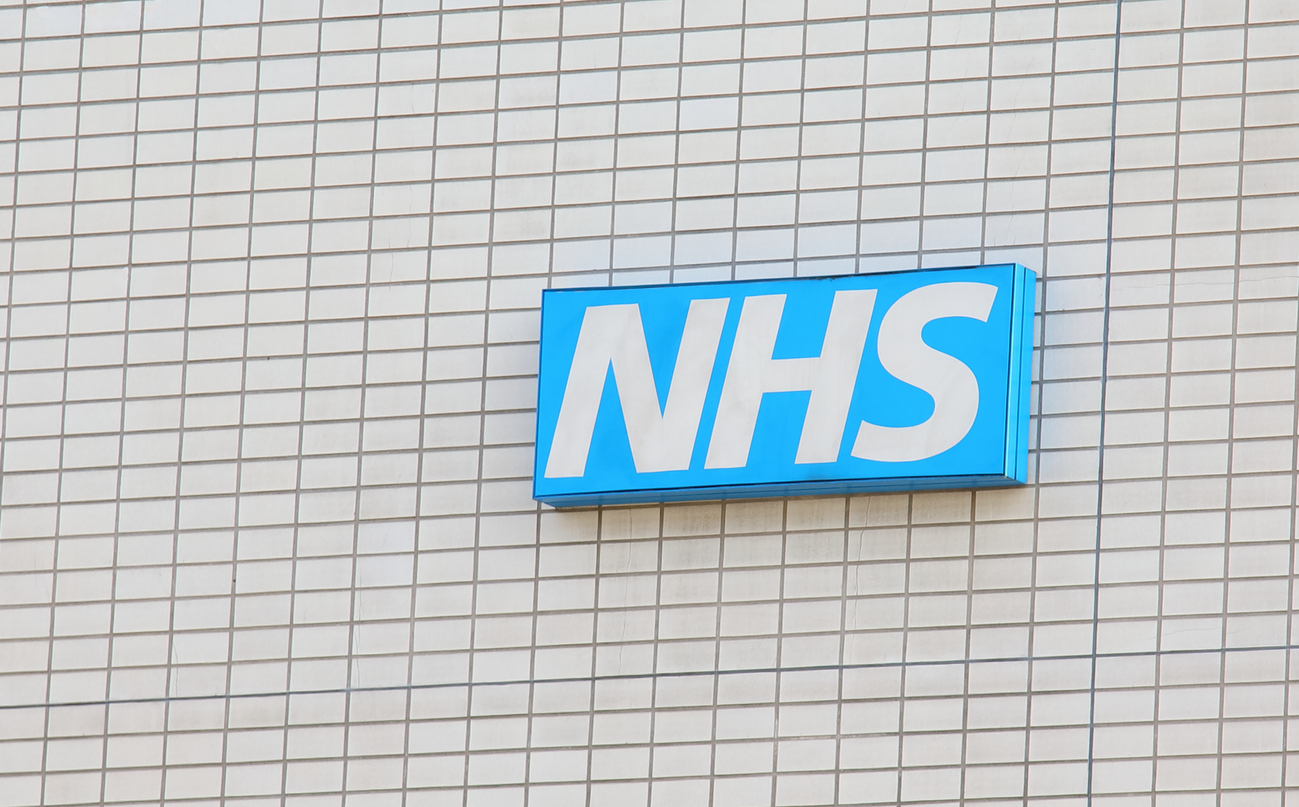As chair of the House of Commons health and social care select committee, one of the privileges I have is to encounter stories from across the NHS of people working hard to improve our health system. Be it the doctors and nurses developing innovative ways of working through our Clinical Entrepreneur Programme, or those trying to make digital healthcare work for patients across the country.
As I discovered at the Medical Technology Group’s reception in parliament, it can also be patients. Maree is a mum from Yorkshire who was born with a rare disease that affects her muscle and bone growth. Initially she was turned away from undergoing overly complex surgery, but thanks to a partnership between her clinicians and medical technology designers, she was able to undergo life changing hip surgery.
Maree’s story is a demonstration of what “patient power” can bring to the NHS. Often in healthcare, we can be overly focused on hitting targets and metrics, forgetting that at the heart of all we do is the patient. An overlooked aspect of this approach is that patients have a valuable insight into not just their condition, but those of others all around the country like them.
The NHS is set to undergo exciting transformation in the next decade, with an array of innovative new technologies and a drive to better use data to build the NHS around an in-depth understanding of how to keep people healthy and happy in their communities. The inaugural Medical Technology Strategy announced at the start of the year will aim to deliver this vision, while also ensuring the best evidence-based medical technologies and treatments are used on the NHS.


Placing patients at the heart of this transformation is vital to getting the most out of this change. As with many instances of innovation and world class care on the NHS, there are already pockets of best practice when it comes to harnessing patient power. As highlighted by the MTG’s work, there is much to improve on for NHS trusts up and down the country when it comes to meaningful patient involvement.
In theory, placing people and communities at the heart of healthcare is already ingrained into the new ICSs. When they became statutory bodies, they were expected to develop a system-wide strategy for engaging with people and communities. However, as the MTG has often found, all too often patient involvement is merely a tick box exercise. This slow progress has undoubtedly been hindered by the unprecedented stress on our healthcare system, but there are instances where certain ICSs and their boards are pioneering this approach to delivering patient-centric healthcare.
Cheshire and Merseyside ICB, for example, is leading the way with ‘citizen panels’ that ensure patients are properly involved in decision-making, recruiting up to a thousand people in the area to understand how lived experience can shape and influence the delivery and development of health and care services. In Derbyshire, a new initiative called the Patient and Public Partner (PPP) role is using those with extensive experience across the health and social care landscape to help healthcare providers embrace potential changes with a view on the patient’s perspective, ensuring patients are full participants in decisions that affect them.
It’s examples like these that show our health service is already leading the way when it comes to involving patients in their healthcare. There are areas in which both government and NHS England can also lead this development. The Department for Health and Social Care could publish guidance requiring patient representation on ICBs, while the Care Quality Commission could be given more freedom to scrutinise the level of patient involvement being carried out by ICSs and ICBs. Such initiatives would go a long way in ensuring that the best practice already seen in the NHS is scaled out to benefit every patient in the country.
Harnessing patient power, and using the lived experience of patients like Maree can play a pivotal role in transforming the NHS. Not only can it ensure services deliver for the needs of the local population, it can also guarantee better outcomes for patients via personalised and tailored care, while ensuring that every patient in the country receives the best possible treatment available on the NHS.
Politics.co.uk is the UK’s leading digital-only political website, providing comprehensive coverage of UK politics. Subscribe to our daily newsletter here.

